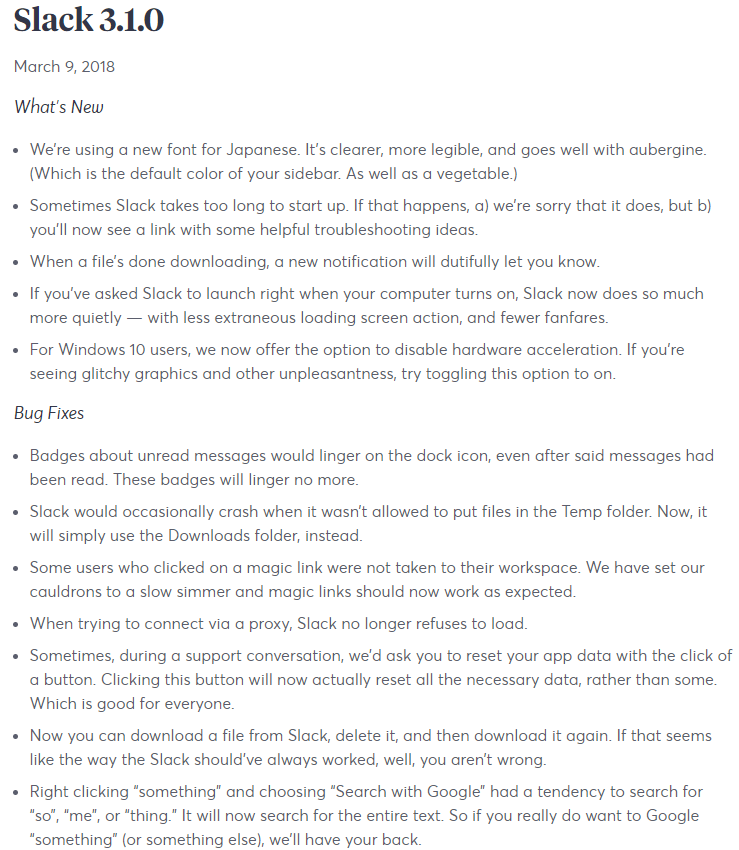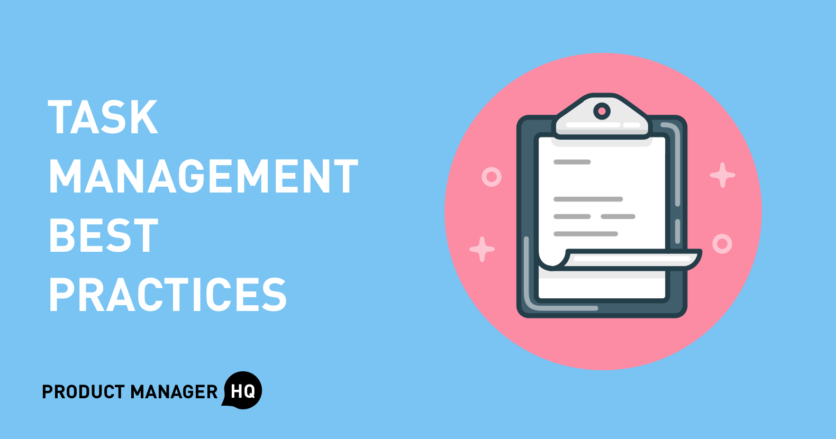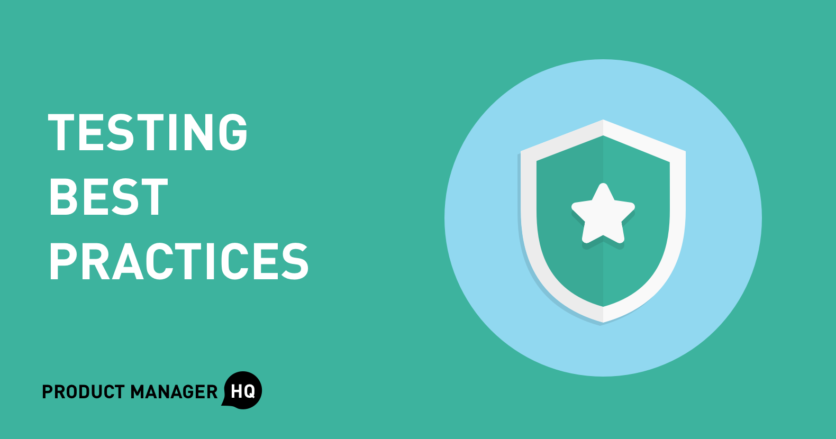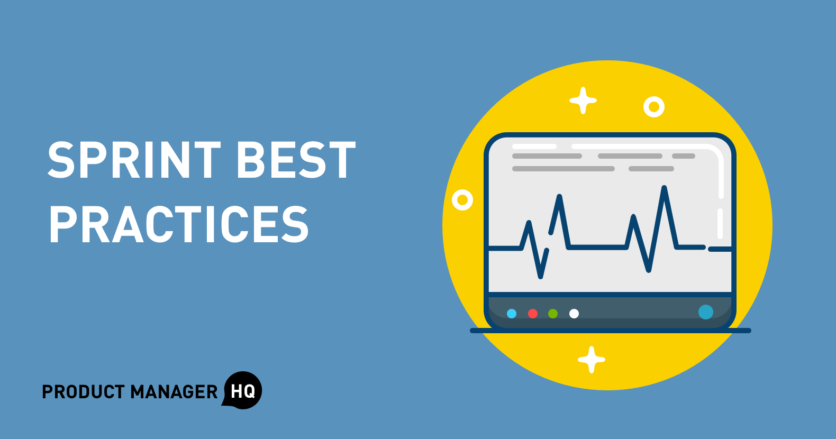As product managers, we work with many stakeholders from many different departments within our organization. Our stakeholders rely on us to inform them on what’s happening with the product, as it impacts their operations and their capabilities. I’ve found that one of the most effective ways to keep stakeholders in the loop is to use internal release notes.
Most of us are familiar with release notes in general. Check out Slack’s release notes as a fantastic example.
Here’s one from March 2018:
The release notes clearly describe what was released and why it was released. These external-facing release notes are targeting external users (and also injects a bit of brand personality and fun).







